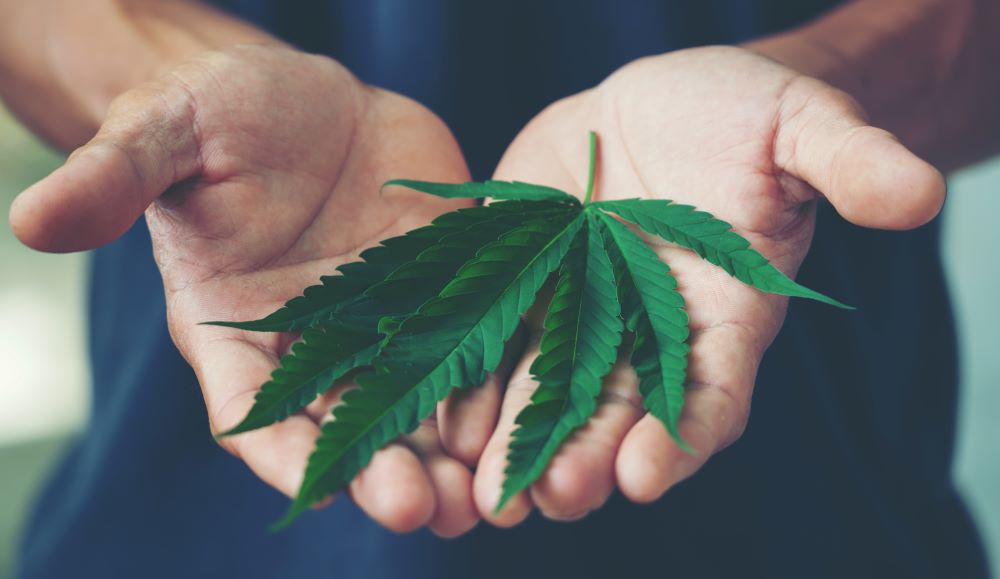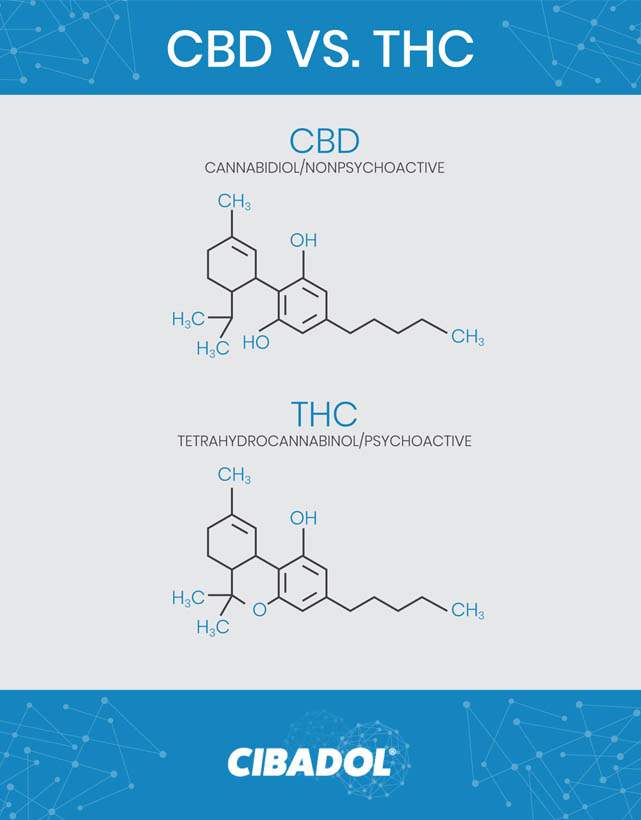Cibadol believes that education is always important especially when it comes to anything you’re putting in your body.
We proudly share all the basics of CBD and the compelling science behind it.
What Is CBD?
CBD, short for cannabidiol, is a naturally-occurring cannabinoid that’s found within cannabis plants. As one of over hundreds of complex compounds that make up the composition of hemp plants, CBD is nonpsychoactive and offers comprehensive medicinal potential.
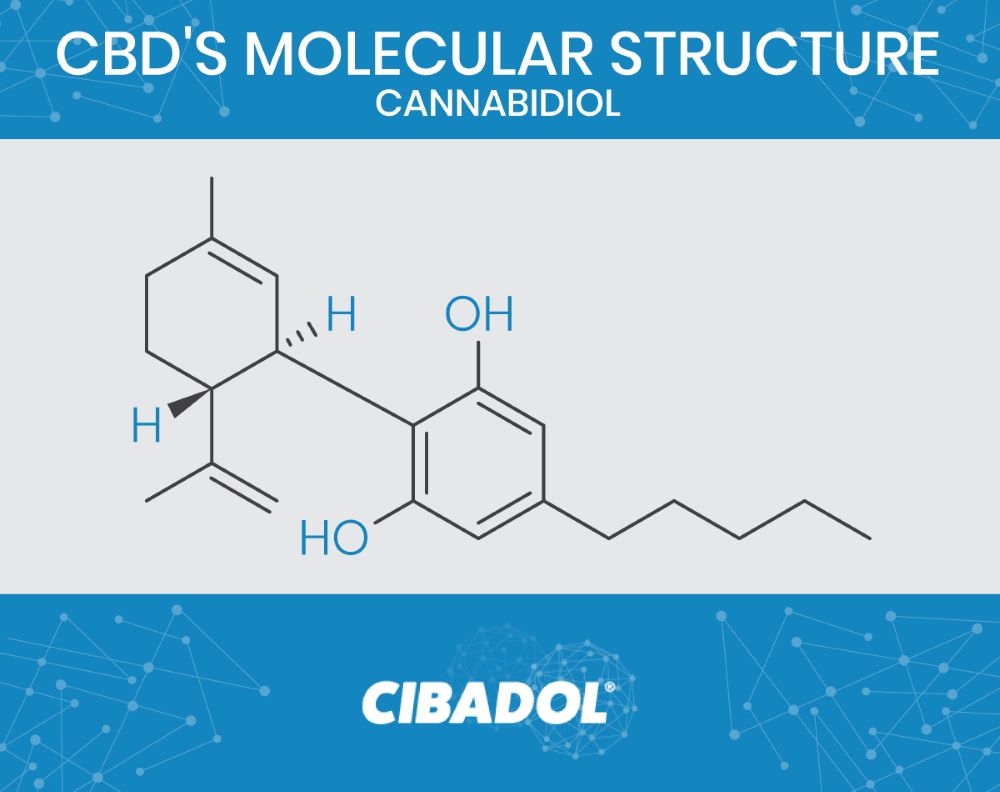
How Was CBD Discovered?
Mechoulam’s Significant CBD Research
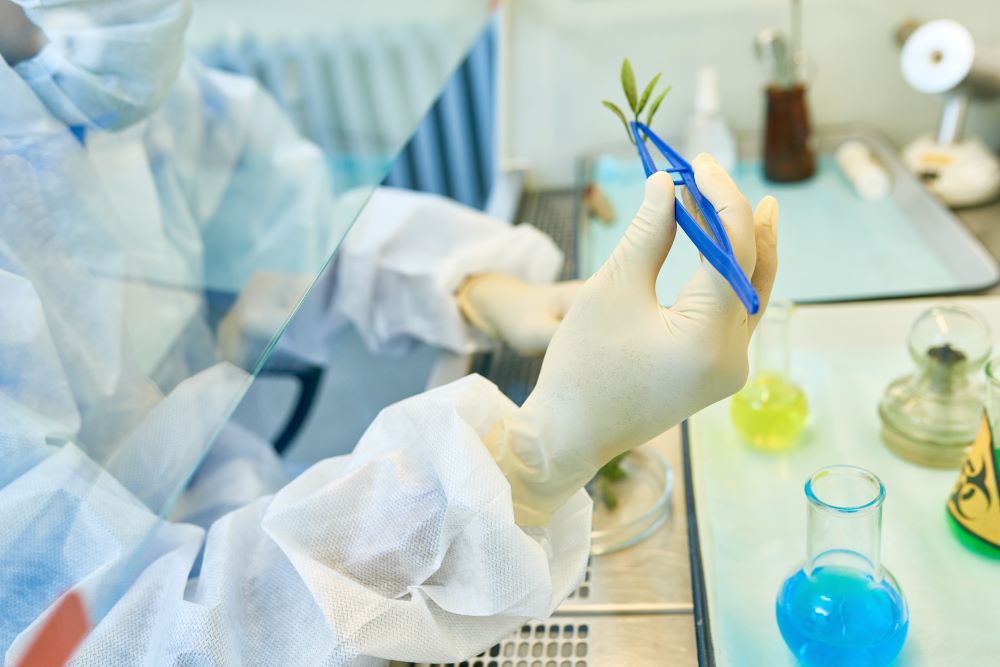
The Continued Research of CBD
Due to the popular recreational use of cannabis in the United Kingdom and other Western countries, cannabis research continued in the mid-1960s to early 1970s. However, THC research dominated all cannabis studies at this time.
CBD gained momentum as it became the focus of cannabinoid research in 1998 when British pharmaceutical company GW Pharmaceuticals gained licensing in order to cultivate cannabis for their clinical trials. Geoffrey Guy, the co-founder of GW Pharmaceuticals, decided to test his theory that cannabis with high CBD content could provide a significant medical application in creating a cannabis-derived pharmaceutical with no mind-altering effects. Guy hypothesized that the CBD compound had therapeutic value and could potentially counteract the psychoactivity of THC.
The Beginning of the Hemp-Derived CBD Movement
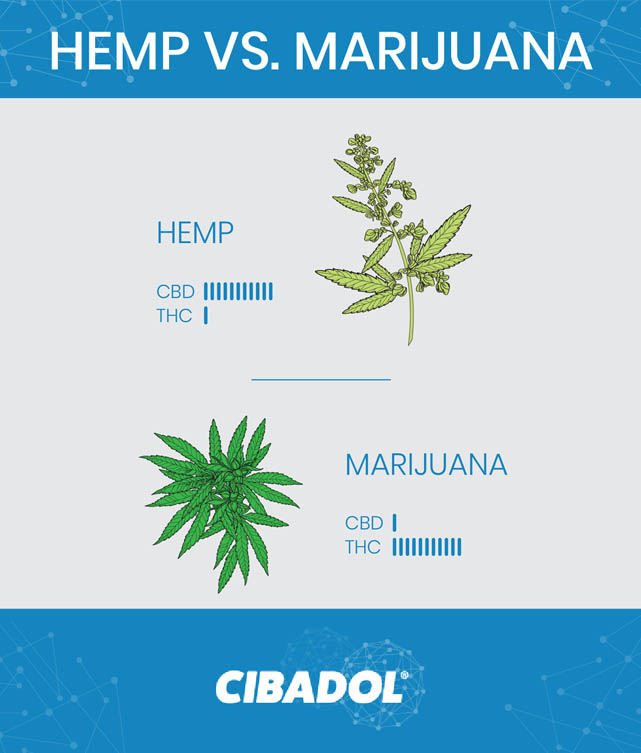
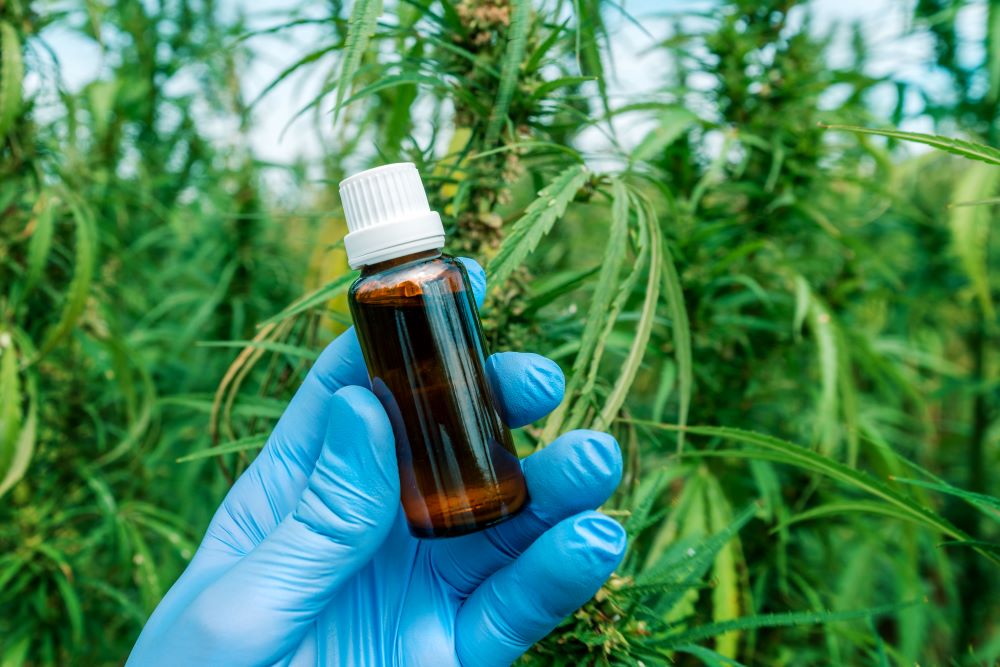
The Push for More Clinical CBD Research Today
CBD gained momentum as it became the focus of cannabinoid research in 1998 when British pharmaceutical company GW Pharmaceuticals gained licensing in order to cultivate cannabis for their clinical trials. Geoffrey Guy, the co-founder of GW Pharmaceuticals, decided to test his theory that cannabis with high CBD content could provide a significant medical application in creating a cannabis-derived pharmaceutical with no mind-altering effects. Guy hypothesized that the CBD compound had therapeutic value and could potentially counteract the psychoactivity of THC.
CBD Basics
A: CBD has no adverse, long-term side effects and is generally well-tolerated. However, there are many factors that can cause potential side effects including changes in appetite, dry mouth, diarrhea, and fatigue. Here are some things to consider:
Incompatible CBD product: While full-spectrum products are generally believed to be ideal due to the synergetic effort between all cannabinoids, some individuals who are prone to plant allergies may react to the other plant material found in these products. Individuals with plant allergies may be better suited with a CBD isolate product. While self-experimentation and research are key, the Cibadol team is always available to help you find the right product.
Drug interactions: CBD poses potential drug interactions that can account for some of the side effects experienced. Always speak to your healthcare professional before trying CBD.
Dosage and frequency: Dosage and frequency vary from individual to individual, making self-experimentation essential. Too large of a dose or taking CBD too frequently may result in undesirable side effects. However, CBD remains safe in large doses and doesn’t pose any risk for overdose or dependency.
Poor product formulation: The CBD industry is unregulated right now meaning you can potentially purchase harmful or ineffective CBD products. Always purchase CO2-extracted CBD that’s sourced from domestic, non-GMO hemp crops that are either certified organic or grown with strict organic farming practices. This minimizes your risk of being exposed to pesticides or toxic solvents that can cause undesirable side effects. Make sure to always check COAs as well.
